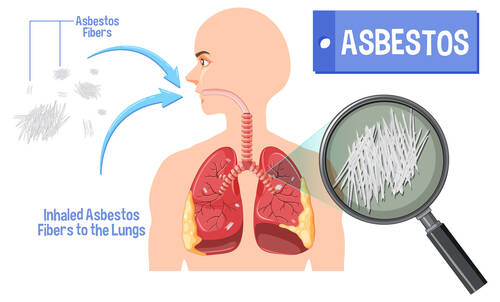AACR, Cancer Research / 04.04.2025
DUKE-NUS Study Detects Hidden Patterns in How Gastric Cancer Cells Behave
MedicalResearch.com Interview with:
Prof. Patrick Tan MD PhD
A senior author of the study and
Senior Vice-Dean for Research at Duke-NUS
Dr. Raghav Sundar MD PhD
A senior author of the study and a senior consultant with the Department of Haematology-Oncology at the National University Cancer Institute, Singapore
at the time of the research.
MedicalResearch.com: What is the background for this study? What are the gaps in knowledge that you were seeking to fill?
Response: Gastric cancer is a serious health issue worldwide and particularly prevalent in parts of Asia, Europe and South America. Gastric cancers are difficult to treat due to frequent resistance to therapies like immunotherapy. There are also many subtypes of gastric cancer, which can now be recognised based on their histological and molecular characteristics. However, recent studies have shown that besides differences between patients, there are also significant variations within a single tumour, further challenging successful treatment. Our study aimed to better understand these intricate interactions and variations occurring within gastric tumours, particularly how these differences evolve and impact the immune microenvironment and patient outcomes.
MedicalResearch.com: What are the main findings?
Response: Our study discovered extensive diversity within tumours, revealing two main evolutionary paths in gastric cancer: branched evolution and internal diaspora evolution. Each path was associated with different molecular characteristics, immune microenvironments and clinical outcomes. By analysing tumour samples at a high resolution, the study highlighted specific genes and pathways active in these subgroups that could be targeted for therapy.
(more…)






























